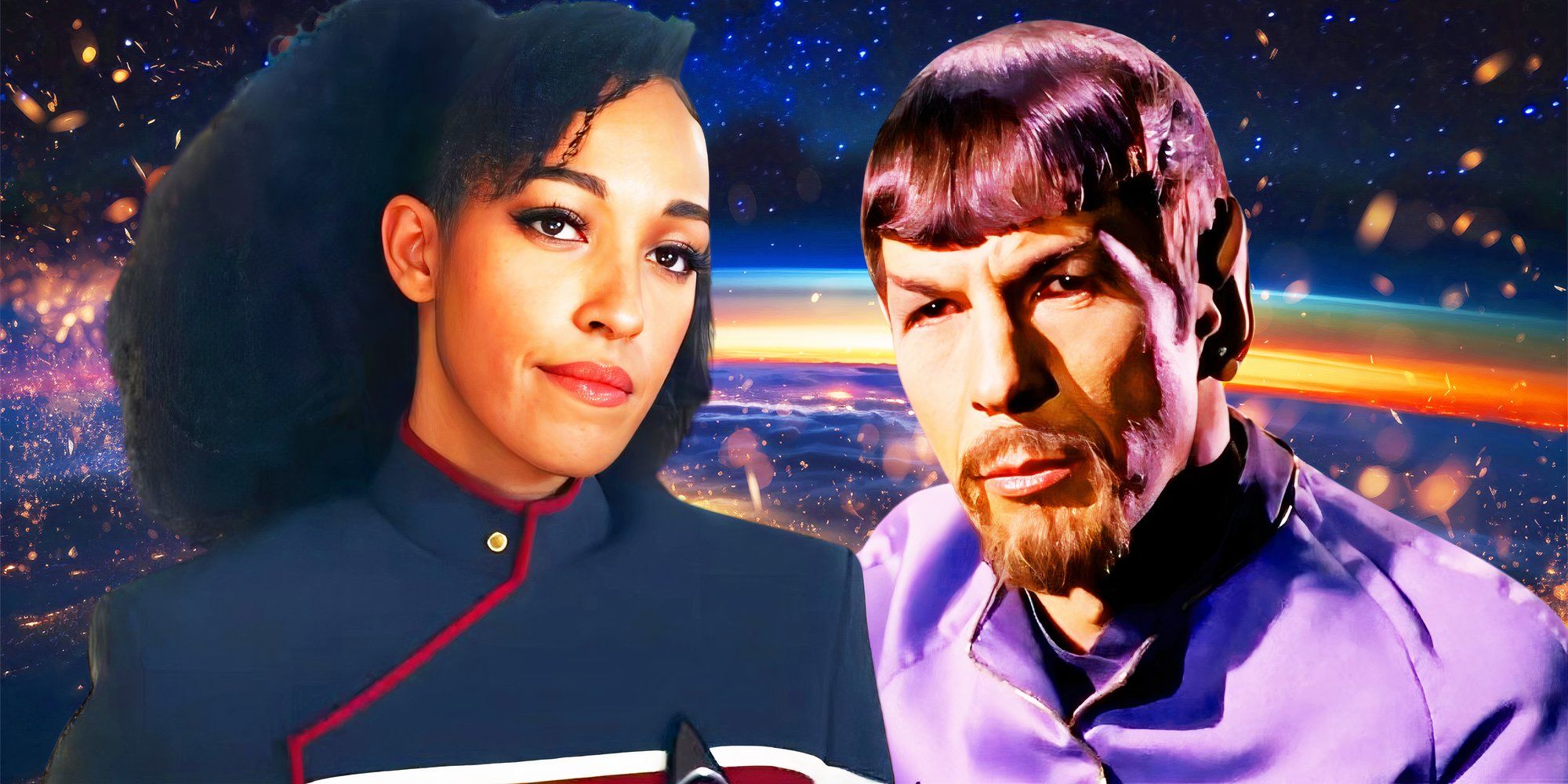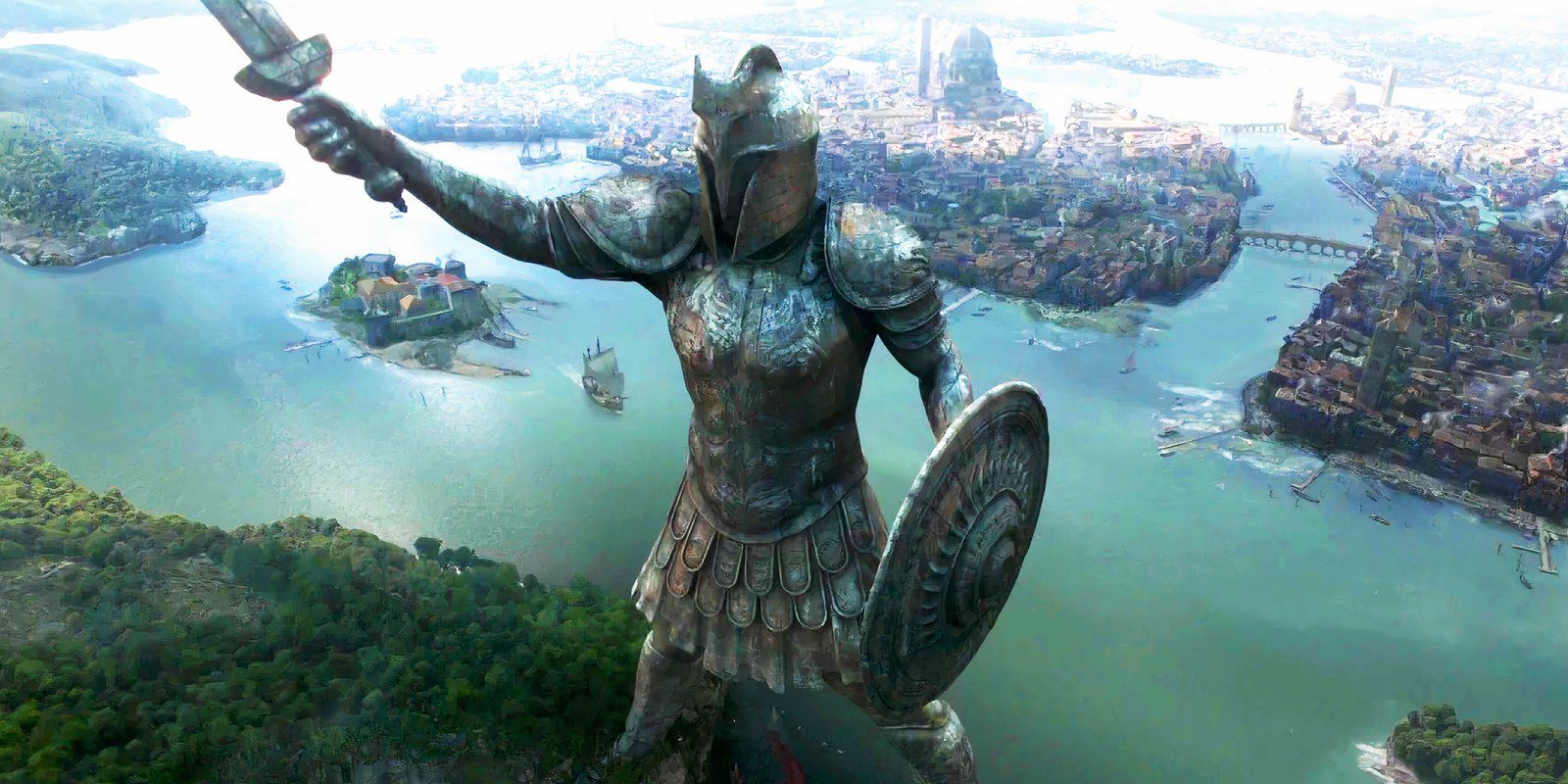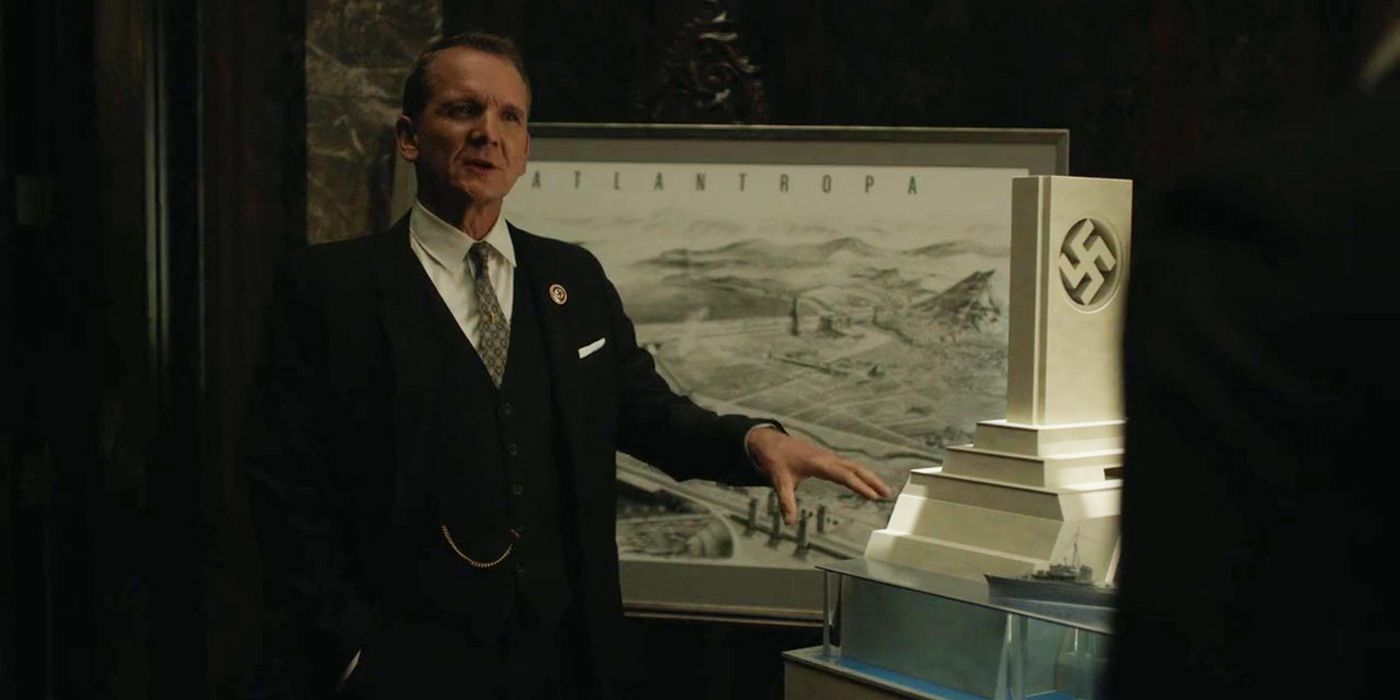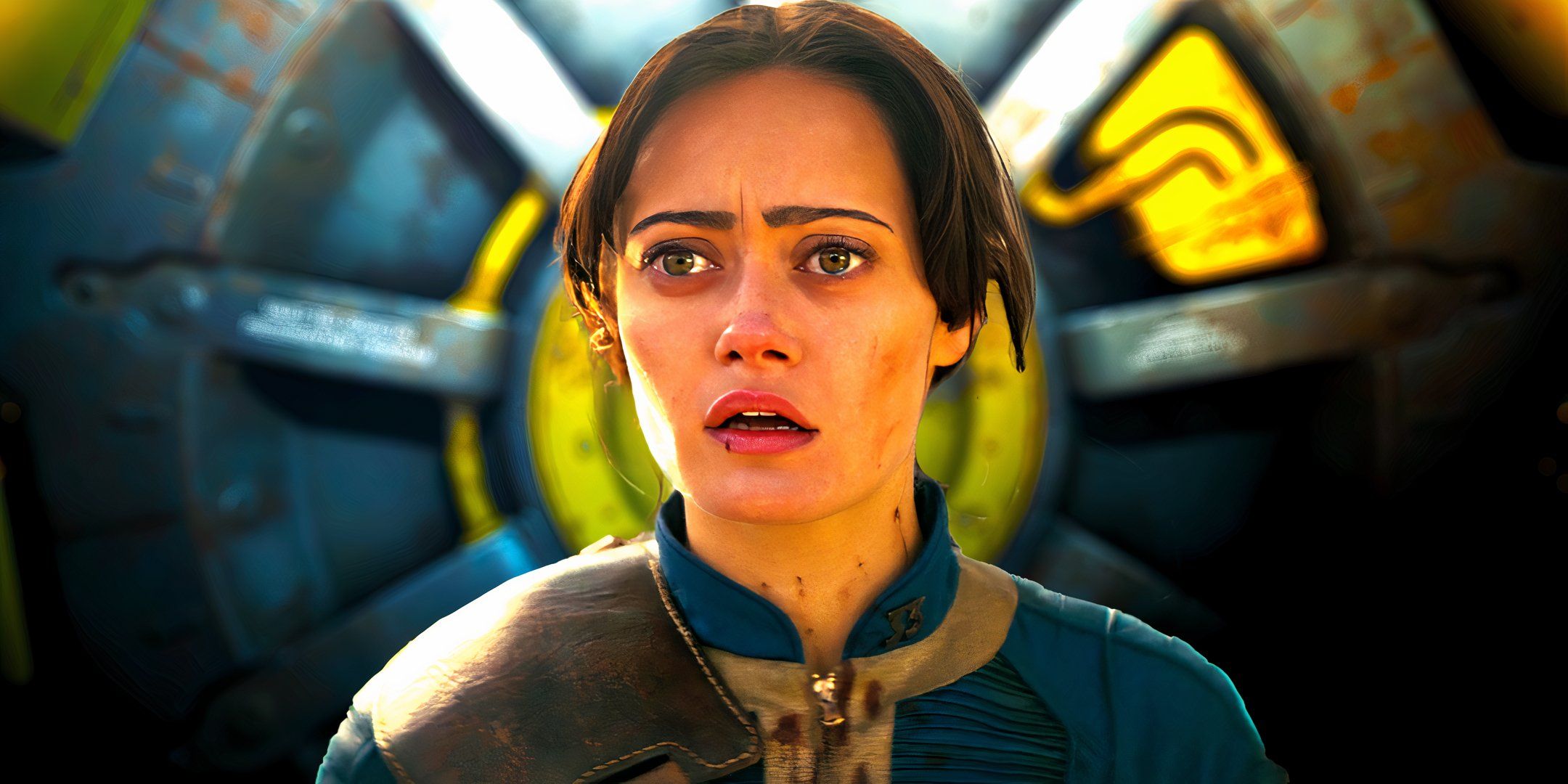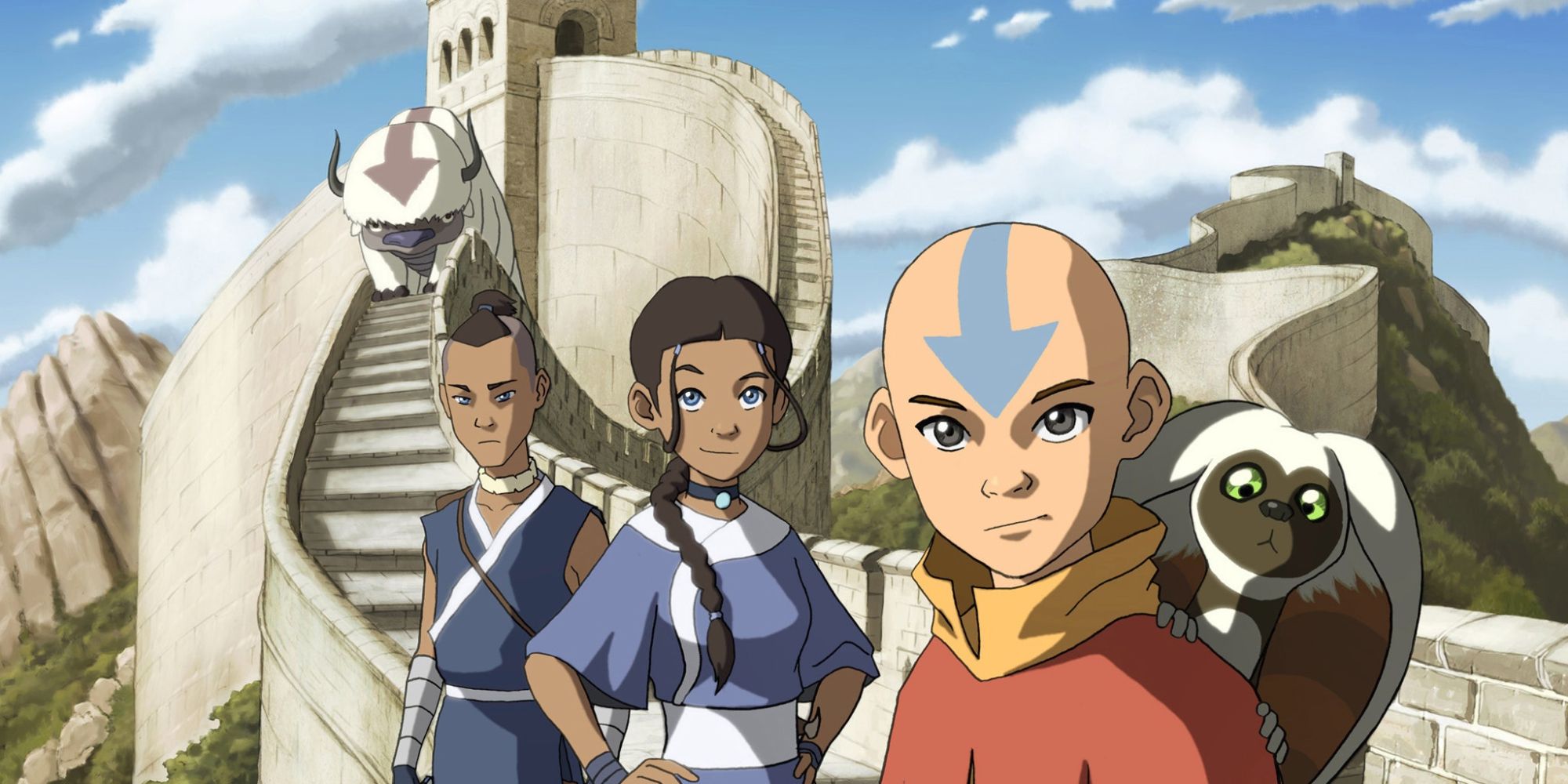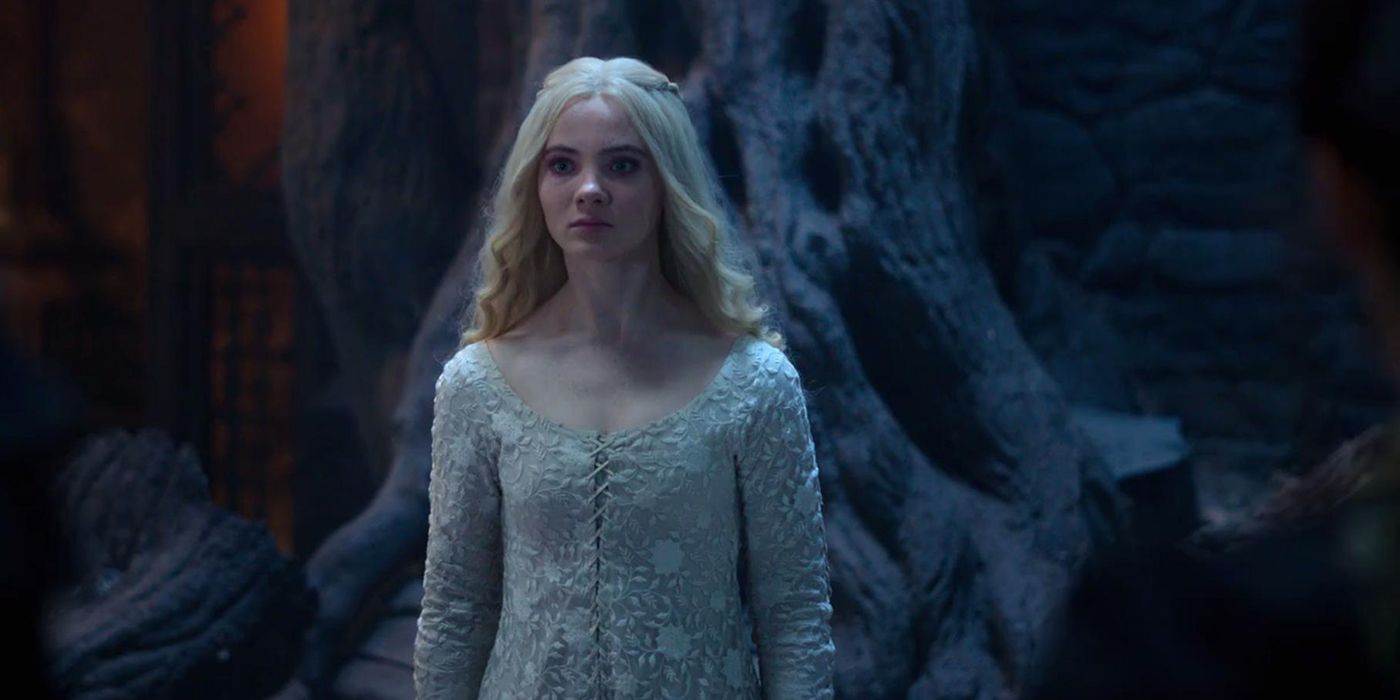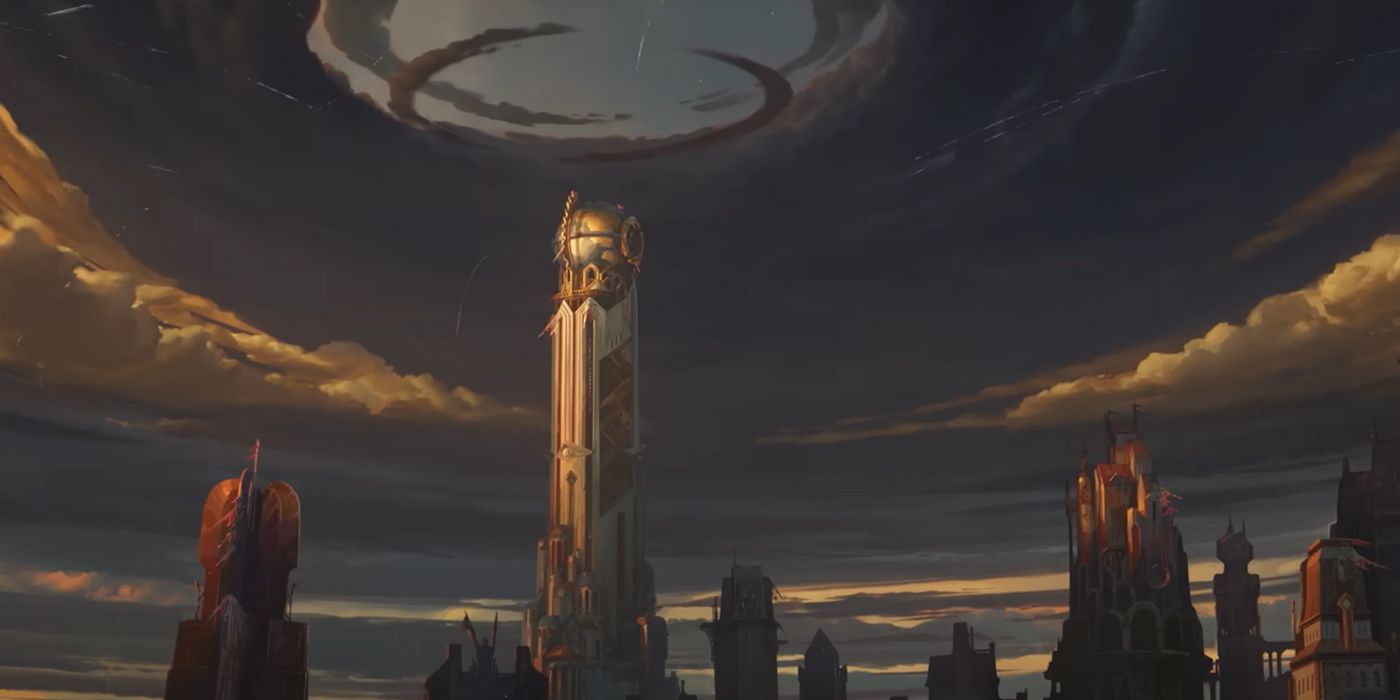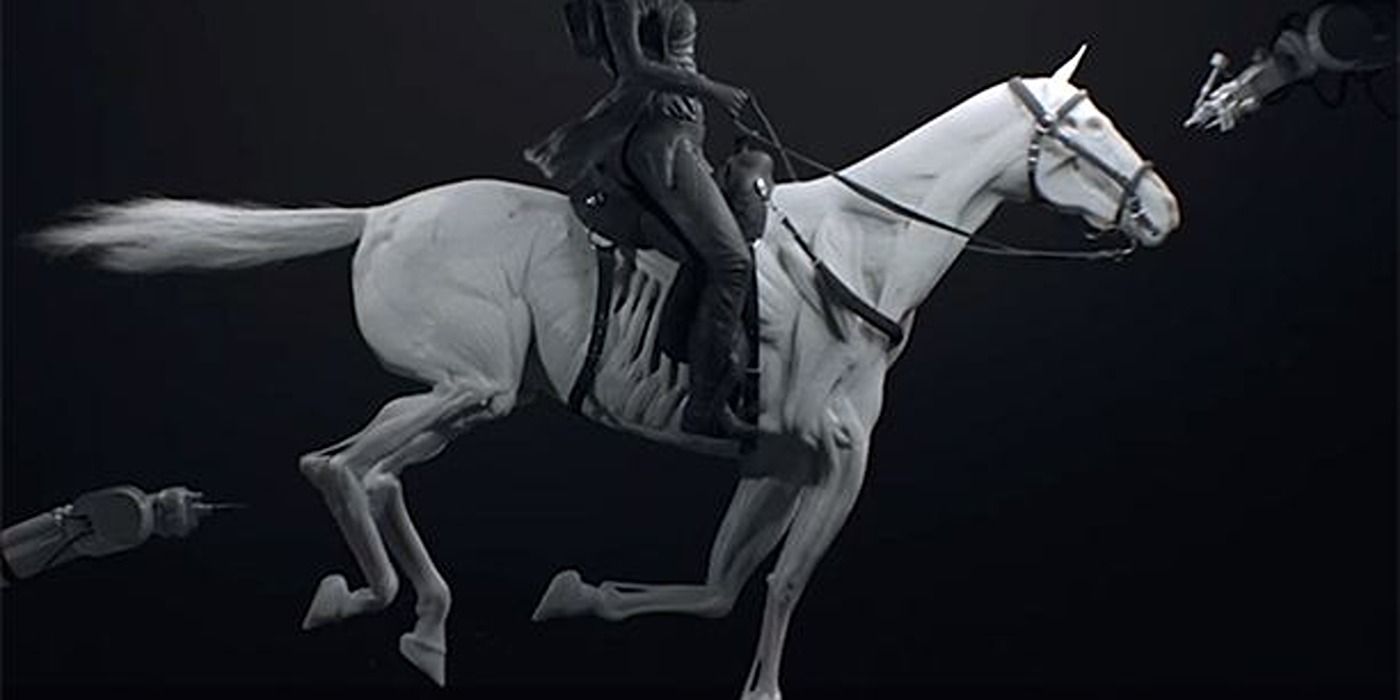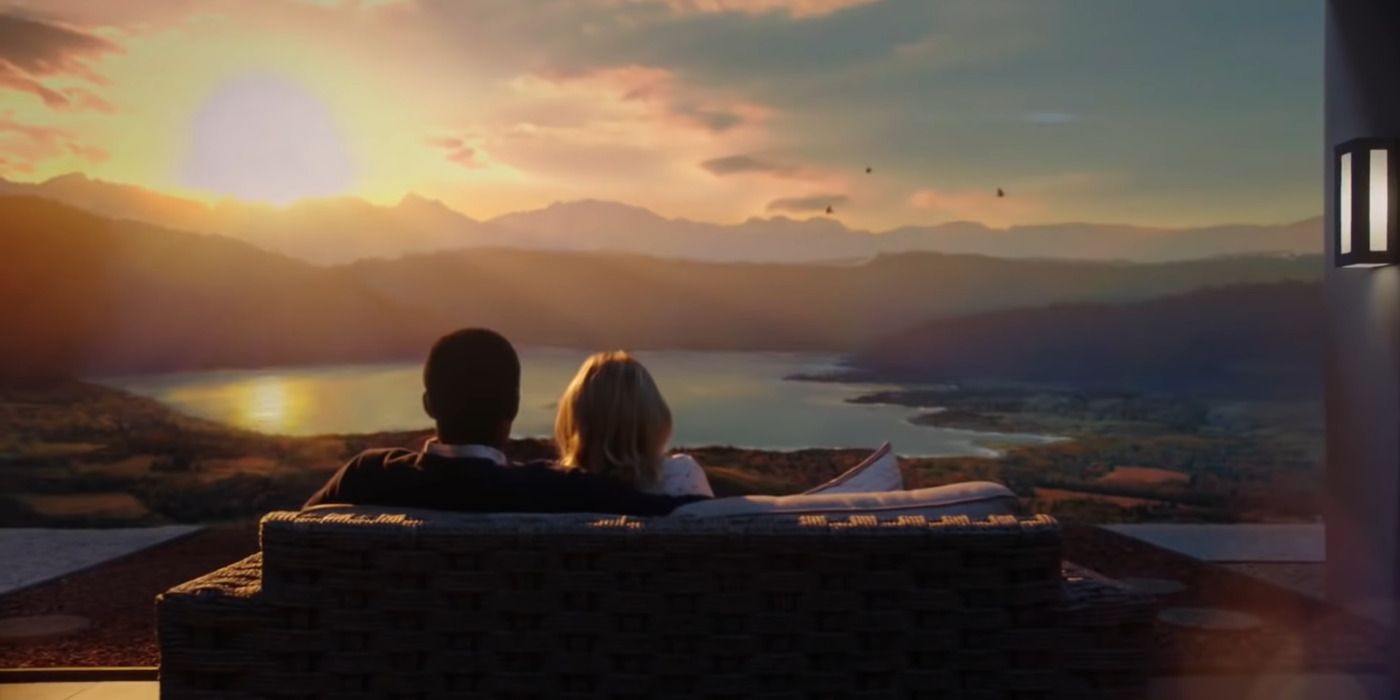TV shows have come a long way with world-building, with some incredibly creative fictional universes being established with the medium. World-building refers to the process of creating a u nique alternate reality in which a story can take place, with more of the setting’s history, properties, locations, people, cultures, and even magic systems being fleshed out over time. Plenty of creative TV shows are able to immerse their viewership into completely new worlds through the clever application of this process.
There are many different aspects that go into good fantasy world-building in TV. It’s important to get the necessary information of a setting across without over-egging with context or massive exposition dumps too early on. The best world-building is slow, deliberate, and relevant to the narrative itself, with the story being finely intertwined with the unique world it takes place in. The episodic nature of a TV series is great for slowly delving into a world at a natural pace compared to the tight runtime of a film, as well.
10 The Expanse
2015-2022
Much of the best world-building on TV is the result of adapting source material with a rich, already established world, providing a great background for the action. One such example of TV show that does this amazingly is The Expanse, a SyFy channel original that was eventually picked up by Amazon Prime before being sadly canceled after 6 seasons. The show takes place in the far future of the 24th century, in which the Earth and a now-colonized Mars sit at the precipice of an intergalactic war.
The driving action of The Expanse revolves around a missing woman at the center of an alarming cosmic conspiracy, which serves as a lens for the science fiction future’s history. Each planet featured in The Expanse truly feels like a well-realized world, rather than just a single set or a handful of locations, which in turn serve to satisfyingly develop the eclectic characters. Even better is the mystery surrounding the mysterious alien technology of the series, which represents the tip of a deep iceberg of lore that is slowly explored.
9 Star Trek
1966-Present
It would be remiss not to mention Star Trek while on the subject of the best TV worlds. It’s rare that a TV show’s setting is potent enough to spawn its own everlasting franchise with a dedicated fandom all its own, but that’s exactly what the revered science fiction series Star Trek was able to accomplish. Premiering all the way back in 1966, Star Trek has persisted well into the modern day with endless numbers of series, spin-off movies, and an inexhaustible supply of tie-in media and franchising that have all had their own impact on the universe.
Star Trek takes place in a distant future that imagines a more hopeful outcome for humanity as it clashes with various other sentient species on a quest for peace. The cultures of each major alien race in Star Trek are so well-developed that they have their own working languages, with a surprising number of self-identified “Trekkies” speaking Klingon fluently. Influencing the real world with its depiction of advanced technology and ideas for where the human race’s future is headed, Star Trek will forever be a master-class of world-building.
8 Game Of Thrones
2011-2019
Perhaps the most iconic fantasy TV series ever created, Game of Thrones is an obvious contender for the title of TV series with the strongest world-building ever. Based off of George R.R. Martin’s A Song of Ice and Fire series, the show explores the political intrigue surrounding the murder of a trusted advisor in a fantasy kingdom. With dozens of engaging characters to keep track of stationed all around its engaging world already described by decades of history, Game of Thrones is an impressive feat in storytelling.
Westeros and the lands beyond are endlessly intriguing locales, with their own unique ethnic groups, traditions, and even fantasy creatures. The complicated political maneuvering also plays with the storied history of the Seven Kingdoms, keeping the world-building forever relevant to the narrative at the “current time” of the series. It’s no wonder that HBO has ordered multiple Game of Thrones spin-offs dedicated to further elaborating on the different time periods and locations of the setting.
7 The Man In The High Castle
2015-2019
Sometimes a variation on real-life history can be more fascinating than an utterly alien fantasy world, exploring what the modern day might look like if different outcomes had occurred. The Man in the High Castle might not be the most well-known TV show, but deserves more credit as one of the strongest explorations of such an idea. The series examines what history might’ve looked like if the Axis Powers had won World War II, taking loose inspiration from a book of the same name.
In the world of The Man in the High Castle, the United States becomes divvied up by Nazi Germany and Imperial Japan, with the East and West coasts being ruled by each superpower, respectively. The show’s alternate-future take on the 1960s following such a set-up imagines a dark reality that very nearly could’ve come to exist, making for a fascinating exercise in world-building. Things only get more interesting when the characters within the story become aware of the idea that Germany and Japan may have lost the war after all.
6 Fallout
2024-Present
Literature isn’t the only medium with source material worthy of being adapted into a wonderfully-realized TV show. In recent years, video games have provided excellent opportunities for adaptation into serious contenders for the best TV of a given year, as proven by shows like Amazon’s Fallout. Taking place within the universe of the beloved game series of the same name, Fallout builds upon the pre-established lore of the franchise by being not a spin-off, off-shoot, or non-canonical side story, but a genuine expansion of the rich post-apocalyptic universe.
Fallout provides some shocking lore updates to the original game series while still paying homage to the developments of the past. Keen-eyed fans can pick out many details in the first season that are small references to larger in-game factions or events, giving the show’s world a truly lived-in quality. From the set design of each cleverly-scavenged piece of post-nuclear-war gear to the centuries-old characters that serve as a living record of the series’ narrative, Fallout is one of the better world-building experiences to come from the digital age of streaming.
5 Avatar: The Last Airbender
2005-2008
Perhaps the gold standard of world-building as it applies to a children’s cartoon, Avatar: The Last Airbender managed to create one of the most daring and memorable fantasy worlds ever conceived while staying within the bounds of family-friendly animation. The series takes place in an East Asian-inspired fantasy world, in which select humans are able to control the four classical elements according to which of the four nations they were born into – The Earth Kingdom, The Fire Nation, The Water Tribe, or the Air Nomads. Only the Avatar, is capable of mastering all four elements.
With a creative, yet easy-to-define magic system and an utterly unique setting unlike anything most Western audiences had seen at the time of its release, Avatar: The Last Airbender is a pop culture sensation thanks in large part to its excellent world-building. From the incredible bending powers to the spliced animals roaming the land to the mysterious spirits, everything about the franchise invites wonder. The follow-up series, The Legend of Korra, developed the franchise even further by taking place decades after the original series.
4 The Witcher
2019-2024
In terms of traditional fantasy, the world-building of The Witcher series is hard to beat. Being once a critically-acclaimed book series and then a critically-acclaimed video game, the Netflix original series had no end of demonstrably creative material to work off of. The show stars Henry Cavill as Geralt of Rivia, the titular “Witcher”, a mutant monster hunter with special abilities that often see him ostracized by the very people he’s sworn to protect. His encounters with the sorceress Yennefer and the princess Ciri go on to shape the world around him.
One clever trick The Witcher pulls to better define its world is the simultaneous perspectives of two different characters at different points in time, implying events that are only resolved or explained in detail later on. This breadcrumb-trial of world-building lends itself excellently to the dark, yet magical world of The Witcher, crawling with hostile kingdoms and deadly supernatural beasts. The resulting fleshing out of the lands of “The Continent” implies a much richer setting than even what is shown.
3 Arcane
2021-Present
Despite the original video game the series is based on, League of Legends, being far from a story-driven game, Arcane managed to demonstrate the value of Runeterra’s immersive world. Taking place in a unique magi-punk city, Arcane shows the relationship of two sisters over time as they struggle to survive in the depths of Zaun, the seedy underbelly of the shining steampunk city of Piltover. Meanwhile, the brilliant inventor Jayce continues to improve Piltover’s superpower standing with his cutting-edge hextech, blending technology and magic.
The wondrous magical gadgetry of Arcane provides a totally unique world that breaks the bounds of traditional medieval fantasy settings. The wider world of Runeterra is certainly implied, however, with elements like the influence of the Noxian empire via Mel and her mother or the mysterious magical figure that saves Jayce as a child hinting at the greater world beyond Piltover and Zaun. It’ll be interesting to see where Arcane‘s second season takes the already impressive world-building.
2 Westworld
2016-2022
Few series are able to take the concept of world-building as literally as Westworld did. Based on the Michael Crichton science fiction film of the same name, Westworld takes place in the far future, specifically within the confines of the eponymous amusement park. In a Western-themed world, guests are encouraged to act out their wildest (and most depraved) fantasies on the “Hosts”, eerily lifelike androids populating the park. But things get complicated when the Hosts begin to think for themselves, realizing their existence as mere playthings for “real” humans.
Westworld thoroughly examines every aspect about what running such a business might look like, from the advertisement to the dirty menial labor. While the futuristic world outside the park’s campus starts off only being merely implied, later seasons actually breach into the “real world” to fantastic results, not to mention the exploration of similarly themed android parks like Shōgunworld. The final frontier of the series, the idyllic digital realm of the Sublime, further develops the layered world-building.
1 The Good Place
2016-2020
It’s not often that comedy series are thought of as having good world building, with the best humor typically arising from relatable situations necessitating down-to-earth settings. However, The Good Place manages to be at once a cutting comedy and a daring exploration into a unique mythology. Taking place in the afterlife, The Good Place follows the sleazy Eleanor as she dies, finding her consciousness in a version of heaven called “The Good Place”. Her presence there seems to be a grand cosmic mistake, as the life she led compared to her peers makes her clearly destined for “The Bad Place”.
It’s all Eleanor can do to avoid being found out, only to make some startling revelations about The Good Place. As the series unfolds, more and more is gradually revealed about the nonsensical, maddening cosmic bureaucracy of the afterlife, constantly putting existing information into new contexts. Taking the idea of death and creating a whole remarkable world with it, The Good Place‘s world-building is only outmatched by its comedy and tender character development as one of the strongest TV shows of the late 2010s.
